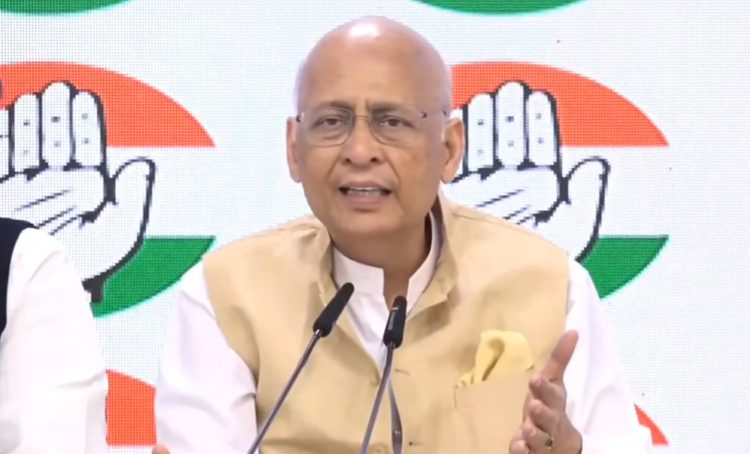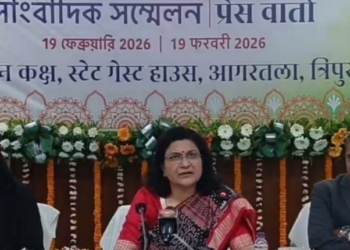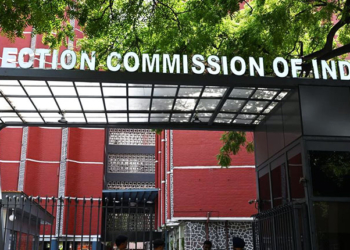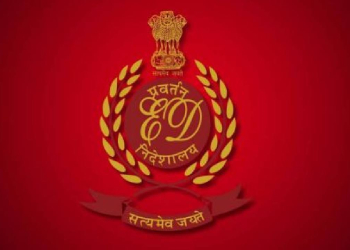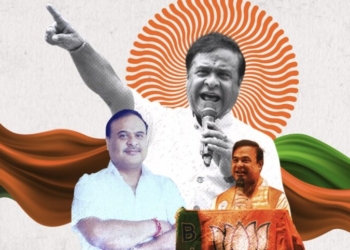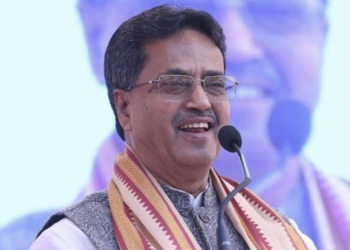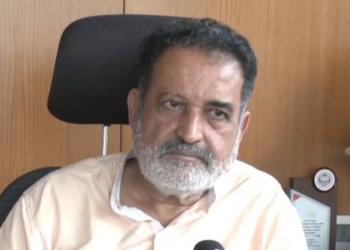New Delhi: The Congress on Thursday welcomed the Supreme Court’s interim relief on the recently passed Waqf Act, which it termed “retaliation in the guise of reform”.
The party highlighted that it was not defending a particular community but a “constitutional principle”. It contended the act was not aimed at improving but “infiltrating” and “controlling” the institutions.
Addressing a press conference at the party office, Congress MP, Law, Human Rights and RTI Department Chairman, and senior lawyer Dr Abhishek Manu Singhvi, and senior party leader and MP Imran Pratapgarhi said that they were extremely grateful to the Supreme Court for having spent considerable time on hearing the matter.
Rejecting the government’s claims of reform by the act, he said: “It is retaliation in the guise of reform. It is retaliation meticulously scripted, strategically timed, and constitutionally questionable.”
Dr Singhvi rejected the government’s claims that the Waqf Amendment Act was meant to increase efficiency, terming it “an exercise in erasure behind the bland language of governance lies, the bold ambition of control where religious autonomy is being reduced to state-administered protocol and community rights are being redrawn with bureaucratic pens”.
“Let us be clear, this is not about improving institutions, this is about infiltrating them, controlling them and closing them.”
Observing that it should not be treated as a particular community-specific issue, the senior Congress MP maintained that the party was not defending just one community.
“We are here to defend a constitutional principle. The constitutional principle is that rights like Article 26 (of the Constitution) cannot be sacrificed at the altar of majoritarian convenience,” he said.
“Today, it is the Waqf; tomorrow it could be your shrine, your institution, your faith and even your voice,” he warned, adding, that the Act was “not just legally flawed” but was also “morally vacuous”, “morally vacant” and taking “the soul of religious freedom”.
The “Waqf Amendment Act is not an amendment, it is an assault on autonomy, on identity, on constitutional values. You cannot amputate Article 26 and call it administrative efficiency,” he added.
Dr Singhvi noted that “a board with a token Muslim presence is not representation – it is appropriation”.
Reiterating that this issue was not just about the Muslim community, he said: “It is about the message that minority institutions are fair game for state takeover.”
“Autonomy without representation is a hollow promise. And representation without autonomy is a farce. If constitutional parity means anything, this Act should not survive judicial scrutiny, he observed, while remarking that “this Act turns faith into paperwork and identity into an accusation.”
Imran Pratapgarhi expressed great relief over the Supreme Court’s interim order. He asserted that the government had bulldozed the law in the parliament after ignoring the suggestions made by opposition members in the JPC and also during the debate in the Lok Sabha and the Rajya Sabha.
(IANS)




